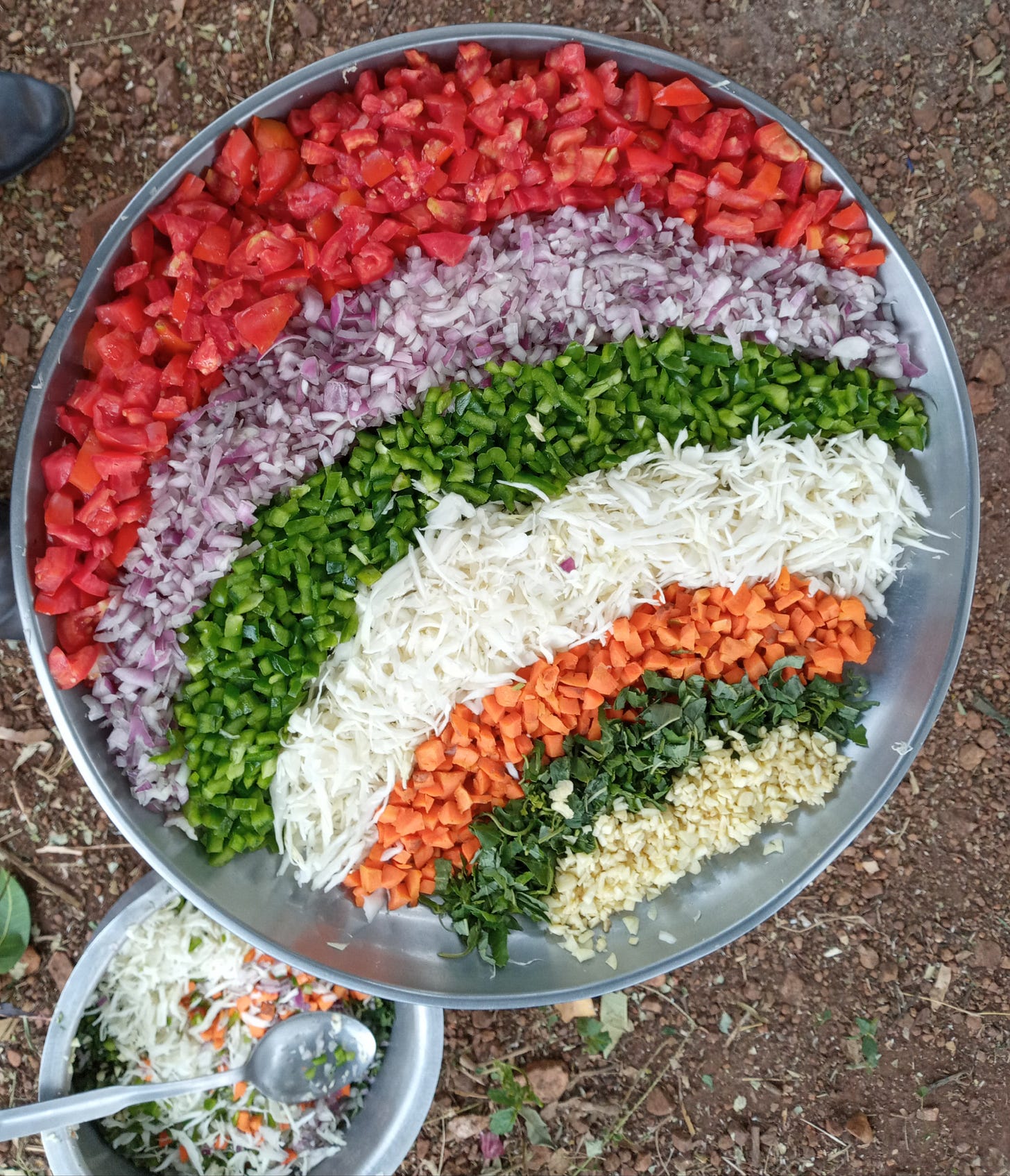Are you feeling guilty and perhaps even a little rundown after some over-indulgence over the festive period? Could our bad diets even be impacting our immunity? The answer is yes but perhaps not in the way you might expect! Two of the most fundamental requirements for life are our ability to process nutrients effectively and recognise and deal with infectious threats. As such it is perhaps unsurprising that our metabolic and immune processes are interlinked and interdependent.
Malnutrition.
Nutrition is vital for our health and immune system yet over 800,000 patients in England and Wales were admitted to hospital with nutritional deficiencies last year. This stark figure represents a threefold increase on data from just 10 years ago. Across the UK, approximately 3 million people in the UK are thought to be malnourished. Malnutrition refers to deficiencies or excesses in our intake of nutrient in take and/or an imbalance of the essential nutrients we need. As such people can be either underweight or overweight yet malnourished. This is a global problem with estimates suggesting that 1.9 billion of adults are overweight or obese with around 462 million people being underweight.
Why are so many of us malnourished? Well the truth is modern lifestyles do not always embrace the best dietary choices. Our busy lifestyles may make it hard for us to find time to consider our food choices. Much of the convenience fast food on offer is not necessarily the best for us nutritionally. The cost of living crisis and rising costs of food too have left many unable to afford to eat regularly or eat balanced meals. In the UK, around 5.7 million low-income households have cut down or skipped meals because they don’t have enough money for food. Around three quarters of low-income households in the UK have skipped one or more meals a day.
Immunity and Nutrition
One of the major consequences of malnutrition is immune deficiency- that is an immune system that can no longer deal with infectious threats well. In particular, malnutrition can impede our capacity to deal with infections such as those caused by viruses. As such, malnutrition also increases the likelihood of complications post-infection. Malnutrition for example was linked with an increased likelihood of developing severe COVID-19 Metabolic inflammation (also known as meta-inflammation) is another potential complication of poor lifestyle choices most usually linked to fatty diets and changes in our resident microbes (our microbiota).
Meta-inflammation is a low level chronic inflammation which counter-intuitively can make us, akin to malnutrition, less able to deal with new infectious threats. Simply put, what can happen is the balance of immune cells becomes altered. We have two main arms of the immune system- rapid responders- our innate cells such as macrophages and neutrophils- and the specific adaptive cells- T and B cells- that are precisely engineered to deal with new threats. In meta-inflammation, some of our rapid responder immune cells become reprogrammed and can become more “inflammatory”. These reprogrammed cells can produce toxic substances that can cause damage to our bodies if not controlled. In addition, our adaptive cells- particularly T cells, may not function as effectively making us a lot more susceptible to infections.
Immunity and diet
It is clear that diet plays a big role in how effectively our immune system functions. So is there any one change we can make to try and prevent or reverse the impacts of malnutrition and/or meta-inflammation. Should we take supplements? Ideally- no -unless you have a known nutrient deficiency such as vitamin B12 which can be hard to get enough of in some vegan diets. Vitamin D can also be tricky to get enough of in the winter if you live in a Northern climate and so supplements of this may be helpful for some. However, overall, it is much better to change our diets to enhance the balance of nutrients we get.
Many of us lack vital vitamins and minerals that are important for our health and immune function so consider how you can enhance your intake of these by, for example, increasing the fruit and vegetables you eat. Frozen and even canned vegetables can be cheaper alternatives to fresh foods if money is tight. Look to at the balance of fats we eat and try to increase more of the polyunsaturated fats such as those we find in oily fishes (again tinned and frozen can be cheaper options). Fibres found from food such as pulses and wholegrains can also be good for our microbiota and by extension our immune system.
So this January, perhaps we should all be challenging ourselves to make some small changes to our diet to better take care of ourselves and the ones we love. S With a cost of living crisis too, if we can afford to, we should also consider donating to food banks (remember to consider how nutritious any food donations are though). Just a few simple changes to our diet and dietary swaps in some meals are something we can all achieve - and without breaking the bank. Enjoy!






Thank you. The cost of living is making life for people to eat sensibly. It's unfortunate that people are not given better nutritional advice while at school and that "junk" foods are more accessible than fresh foods in terms of the price.
Thank you for this encouraging information. As it happ3ns I have just been listening to the Zoe podcast this week and it is on the same topic. It’s very reassuring when a scientist whose opinion you respect is giving the same information. The Zoe podcast is long and has the space to explain and to give some specific suggestions. Worth listening to.